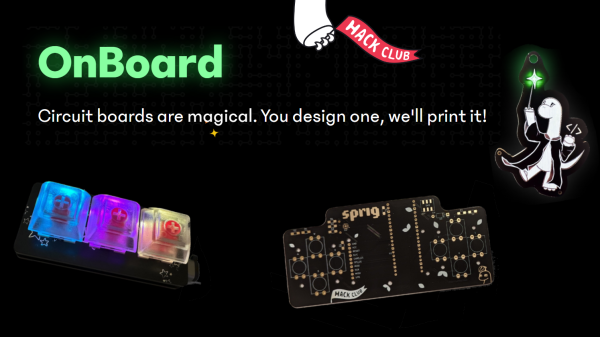The U.S. Department of Energy’s (DOE) Advanced Research Projects Agency-Energy (ARPA-E) was founded to support moonshot projects in the realm of energy, with a portfolio that ranges from the edge of current capabilities to some pretty far out stuff. We’re not sure exactly where their newest “Notice of Funding Opportunity (NOFO)” falls, but they’re looking for critical materials from the wastewater treatment process. [via CleanTechnica]
As a refresher, critical materials are those things that are bottlenecks in a supply chain that you don’t want to be sourcing from unfriendly regions. For the electrification of transportation and industrial processes required to lower carbon emissions, lithium, cobalt, and other rare earth elements are pretty high on the list.
ARPA-E also has an interest in ammonia-based products which is particularly interesting as industrial fertilizers can wreak havoc on natural ecosystems when they become run off instead of making it into the soil. As any farmer knows, inputs cost money, so finding an economical way to recover those products from wastewater would be a win-win. “For all categories, the final recovered products will need to include at least two targeted high energy-value materials, have greater than 90% recovery efficiency, and be commercially viable in the U.S. market.” If that sounds like the sort of thing you’d like to try hacking on, consider filling out an Applicant Profile.
If you’re curious about where we’re getting some of these materials from right now, checkout our series on Mining and Refining, including the lithium and cobalt ARPA-E wants more of.













